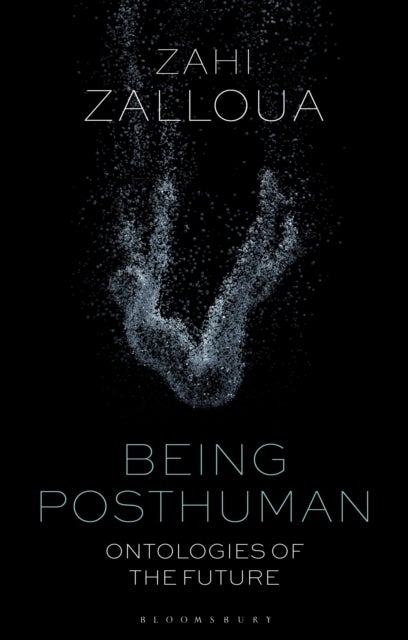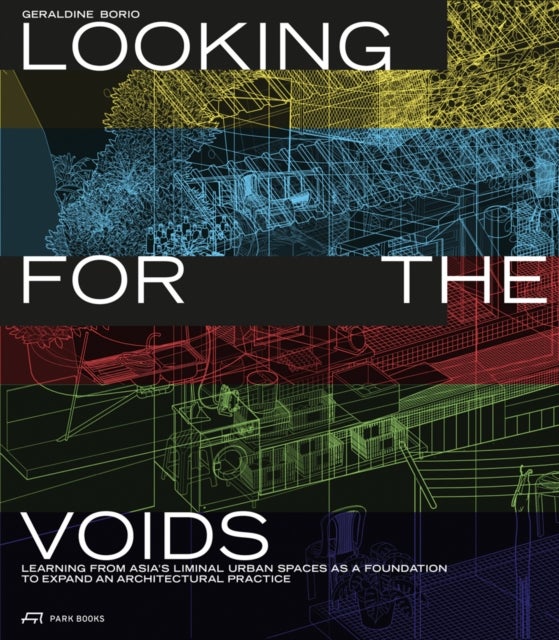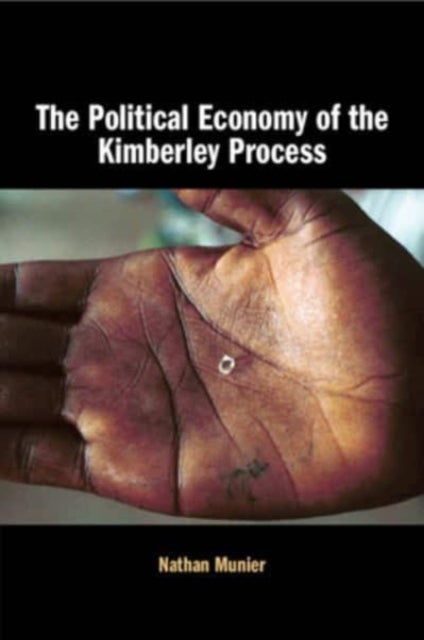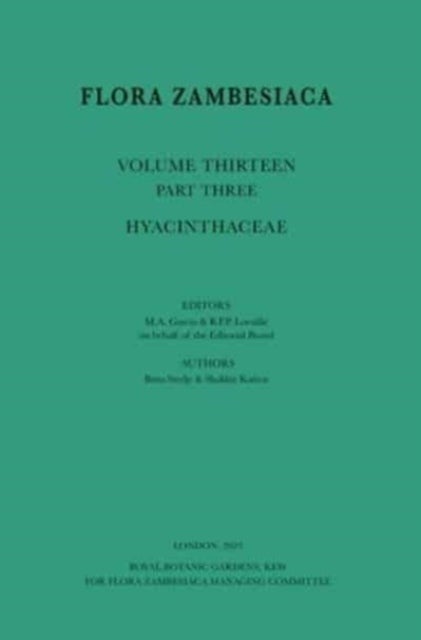
Being Posthuman av Zahi (Department of Foreign Languages and Literatures / Whitman College Whitman College USA) Zalloua
979,-
Posthumanism is both a descriptive and a prescriptive term. Firstly, it registers a shift beginning in the late 1960s and epitomized by Foucault¿s ¿the death of Man¿. Secondly, it refers to the future and a new relationship with the non-human, along with a different understanding of human exceptionalism. In Being Posthuman: Ontologies of the Future, Zahi Zalloua interrogates this future and shows that ¿post-¿ does not necessarily mean `after¿ or that what comes after is more advanced than what has gone before. He pursues this line of inquiry across four distinct, yet interrelated, figures: cyborgs, animals, objects, and racialized and excluded `others¿. These figures disrupt the narrative of the `human¿ and its singularity and by reading them together, Zalloua determines that it is only when posthumanist discourse is combined with psychoanalysis that subjectivity can be properly examined.








